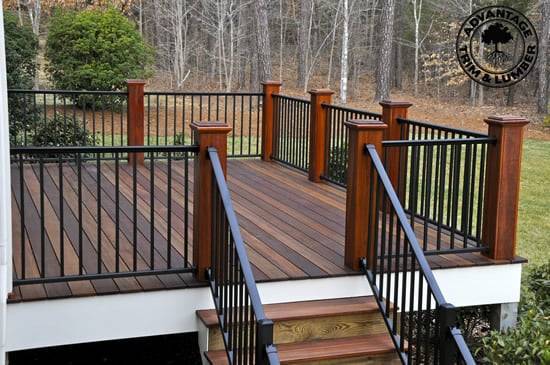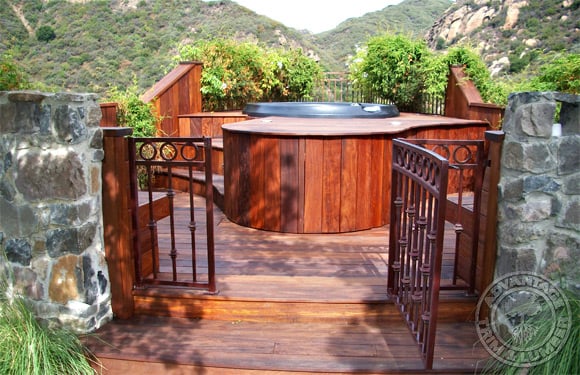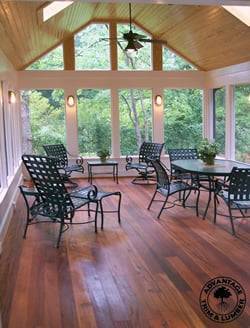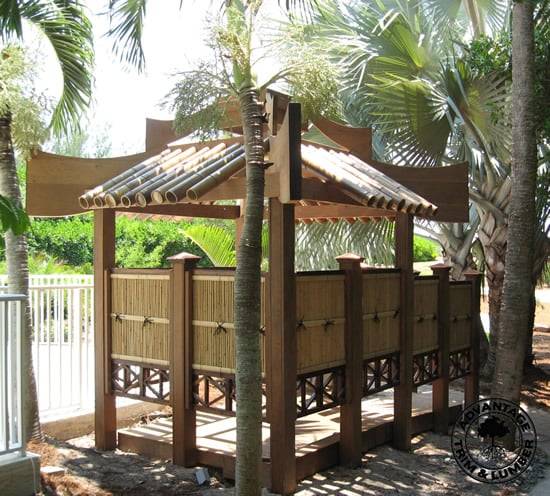
How to Inspect Your Deck
According to the North American Deck & Railing Association (NADRA), the majority of the decks were installed over 20 years ago. Unfortunately, the large majority of those deck owners fail to adequately assess the structural health of their deck. It makes perfect sense to make sure that the structure under your feet was built properly and is maintaining its structural integrity. If you have never inspected your deck, then now is the best time to take a look “under the hood.” By measuring the health of your outdoor living area, you’ll give yourself peace of mind in knowing that your deck is safe and sound. NOTE: It doesn’t matter what deck you have, these deck inspection tips apply to all decking material.
With the recent string of bad weather in the United States (hurricanes, tornadoes, flooding and even dust storms!), the following deck inspection tips are a great way to ensure that you can not just enjoy your deck, but be safe on it as well.
Deck Inspection Checklist
1. How are the fasteners that run through the ledger holding up?
If your deck was installed with at least 1/2″ diameter lag screws your deck should be in good shape. If you or your deck builder ran nails through the ledger to the rim joist, you should, one by one, replace them with the stainless steel or hot-dipped galvanized lag screws and be sure to use washers for a more secure fit. Using nails to fasten your deck to the home is a disaster waiting to happen.
If you, after a recent storm with heavy winds and/or flooding, you notice the screws and ledger starting to loosen up, reinforce them immediately with 1/2″ diameter lag screws.




